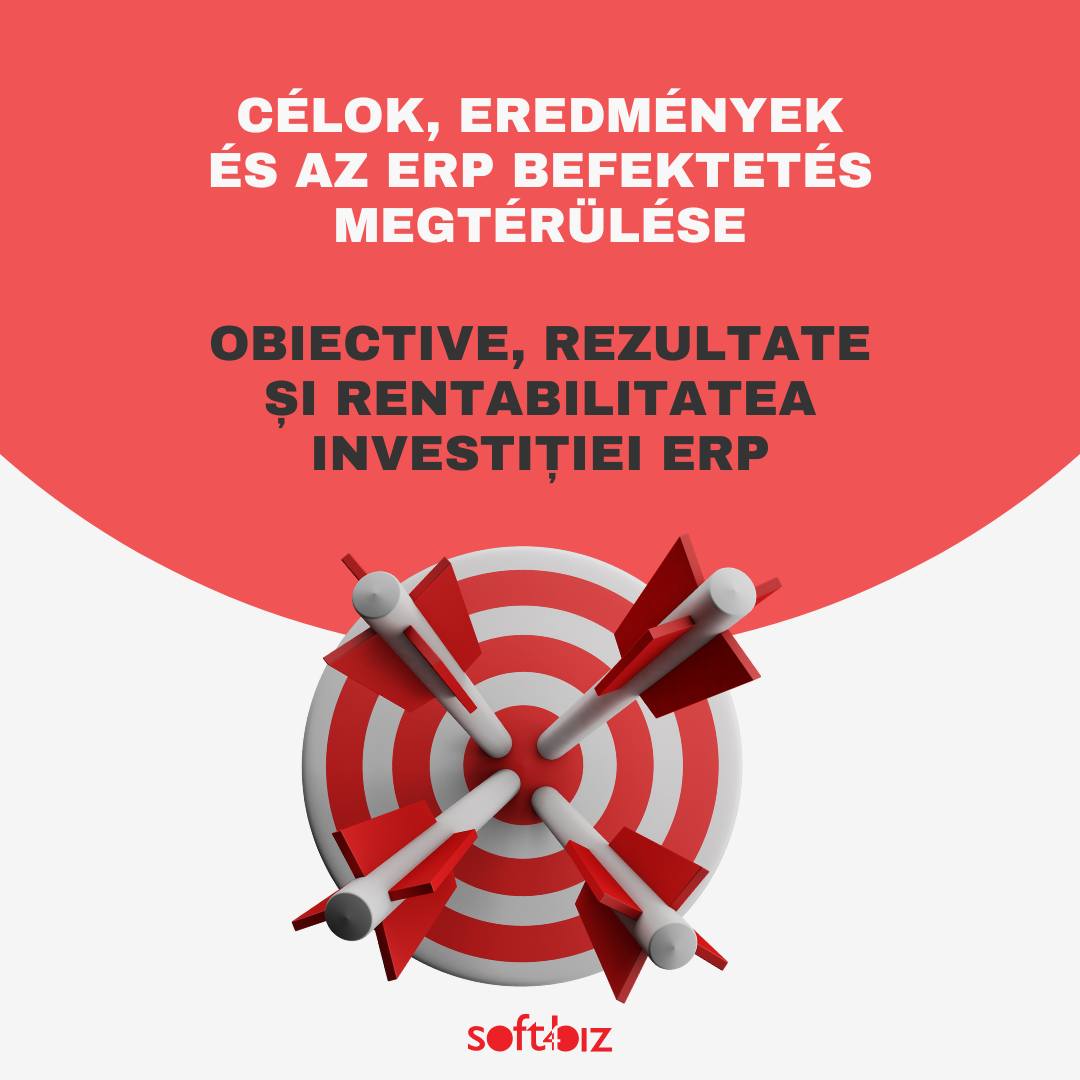Organizations use ERP software to increase efficiency and reduce costs. Statistics on the return on investment of ERP investments shed light on the advantages of the technology, the achieved results, and the return on investment.
- The three most commonly mentioned business objectives of ERP implementation are:
o cost savings (46%),
o improved performance indicators (46%), and
o increased efficiency of business transactions (40%).
It's very useful if the client starts an ERP project with specific (ideally measurable) goals in mind. Beyond the three broader objectives mentioned above, it's even better if we delve a bit deeper into each area (e.g., sales, warehousing, etc.) to identify what we want to achieve and how we can accomplish it. The ERP vendor should also be a partner in this, and it's worthwhile to uncover and discuss these aspects through a survey, then define the goals concretely.
• The implementation of ERP led to improvements in business processes in 95% of enterprises.
This is an extremely important and telling statistic. Roughly after each implementation, our clients also highlight transparency as a major benefit. Instead of numerous small Excel sheets and other databases, important information is centralized, thus aiding the team in increasing the efficiency of their daily work.

• The three most important benefits that businesses achieved with the ERP system are:
- decreased process lead times,
- increased collaboration, and
- centralized data system.
• Among the group of companies implementing ERP, the average payback period was just over 2.5 years.
We recommend this data to pragmatic company executives and finance professionals. Implementing ERP makes sense when preceded by an investment analysis. During the analysis, it's worthwhile to weigh the implementation and usage costs on one side, and the expected benefits, which can be expressed in monetary terms, on the other side.
Yes, it may sound odd that benefits can be expressed in monetary terms, but the soft4biz team can also assist in this aspect.
In fortunate cases (e.g., with a grant), this payback period can be drastically reduced since the self-funding portion is only 10-30% of the total amount.
The general recommendation is that if the payback period is shorter than 2-2.5 years for a company, it's worth investing in the project with its own resources.
If you think it's time to explore the possibility, goals, benefits, and return on investment of implementing ERP for YOUR business, please indicate your interest by filling out the contact form: https://soft4biz.ro/contact
We will call you to schedule an online conversation, during this, during this 1-hour Zoom (online) consultation we will assist with specific and personalized ideas.


